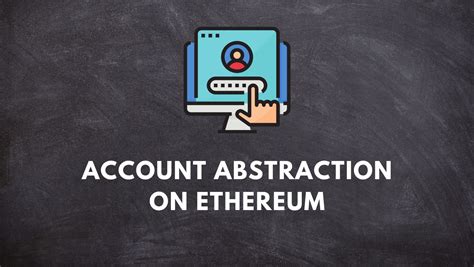Here’s a detailed article on the topic:
Metamask: Does Account Abstraction Wallets Have Different Addresses Across Different Chains?
The Metamask wallet, also known as an abstraction wallet, is a popular choice for users who want to manage their cryptocurrency accounts in a single wallet. Unlike traditional wallets that store your private keys and account addresses on each chain separately, Metamask wallets allow you to keep all your accounts in one place.
However, there’s a common misconception among users: how do account abstraction wallets handle different addresses across different chains? In this article, we’ll dive into the details of Metamask wallet behavior with respect to address management and explore why some users may experience different addresses on different chains.
What is Account Abstraction Walleting?
Account abstraction walleting is a technology that allows users to manage multiple cryptocurrency accounts in a single wallet. This approach enables you to store your private keys, account addresses, and transaction history across different chains without having separate wallets for each chain.
Metamask is one of the most popular abstraction wallet solutions, designed to work with Ethereum, Binance Smart Chain (BSC), Solana, and other blockchain platforms. By using Metamask on multiple chains, users can manage their accounts in a single place, making it easier to track transactions across different chains.
Address Management Across Chains
When you use Metamask wallet abstractioning your account address across different chains, here’s what happens:
- Metamask stores all account addresses: The Metamask wallet stores the entire list of account addresses for each chain in its database.
- Addresses are linked to their respective accounts: Each account address is linked to the specific private key or Ethereum address associated with that account.
- Transactions across chains can still be made from the same account address
However, there’s a potential issue: how Metamask manages the transition between account addresses when making transactions across different chains.
The Issue With Different Addresses on Different Chains

When you make a transaction using your Metamask wallet abstractioning multiple accounts across different chains, the following might occur:
- Different Ethereum accounts: If you have an Ethereum account and also have a BSC or Solana account that you want to use for transactions, but they belong to different wallets, the Metamask wallet will automatically switch between the two accounts when making transactions.
- Chain-specific addresses: The Metamask wallet might generate separate chain-specific addresses (e.g.,
0x1234567890ABCDEFon Ethereum) even if you want to make a transaction across both chains.
Conclusion
In conclusion, account abstraction wallets like Metamask can store and manage multiple cryptocurrency accounts in a single wallet. However, the transition between different address formats when making transactions across different chains requires careful management. To avoid issues with different addresses on different chains:
- Make sure you’re using the correct private key or Ethereum address for each chain.
- Use a clear and consistent naming convention for your account addresses (e.g.,
0x1234567890ABCDEF).
- Keep track of which accounts are linked to their respective chains.
By following these best practices, users can enjoy seamless transactions across multiple blockchain platforms using Metamask wallet abstractioning.

